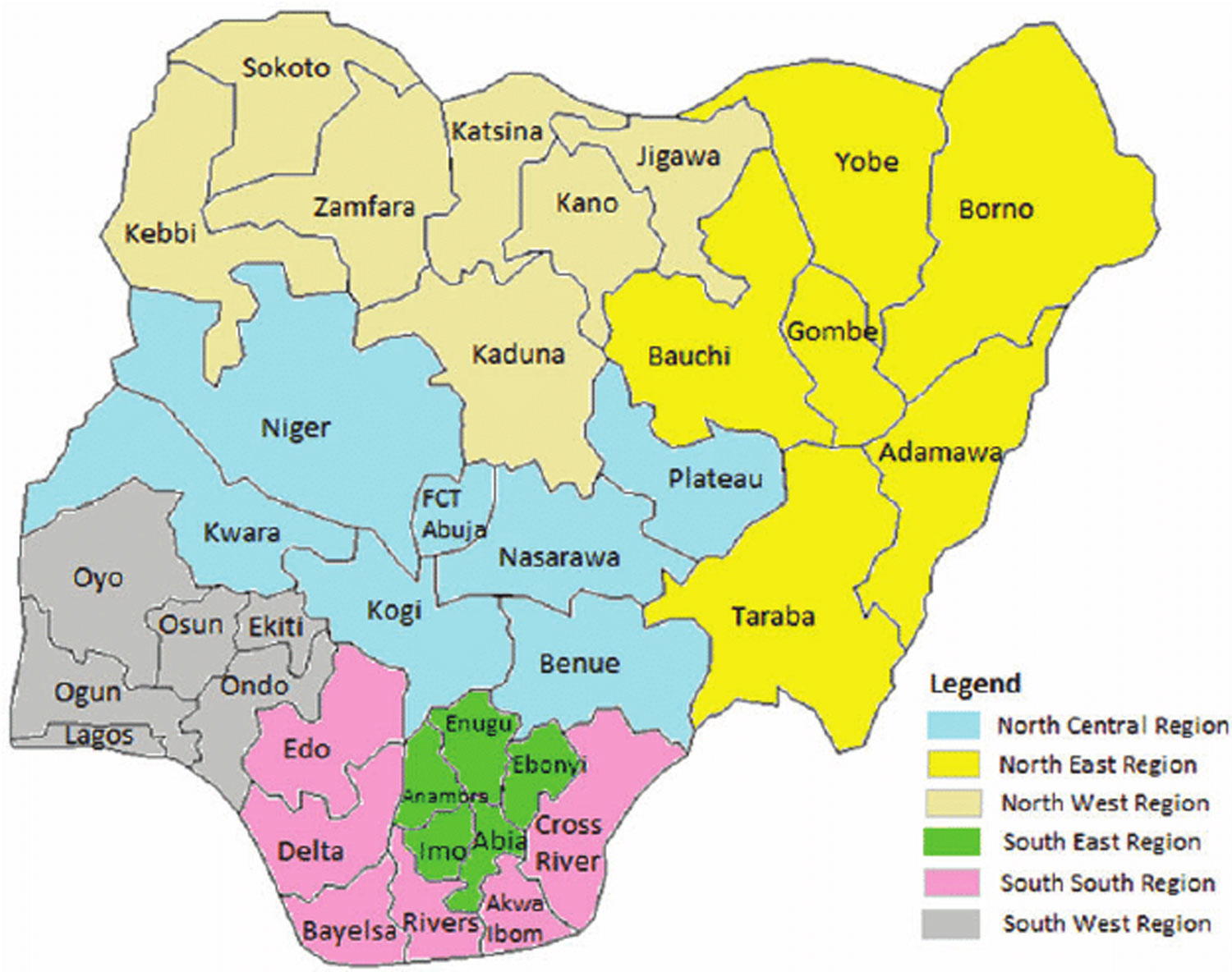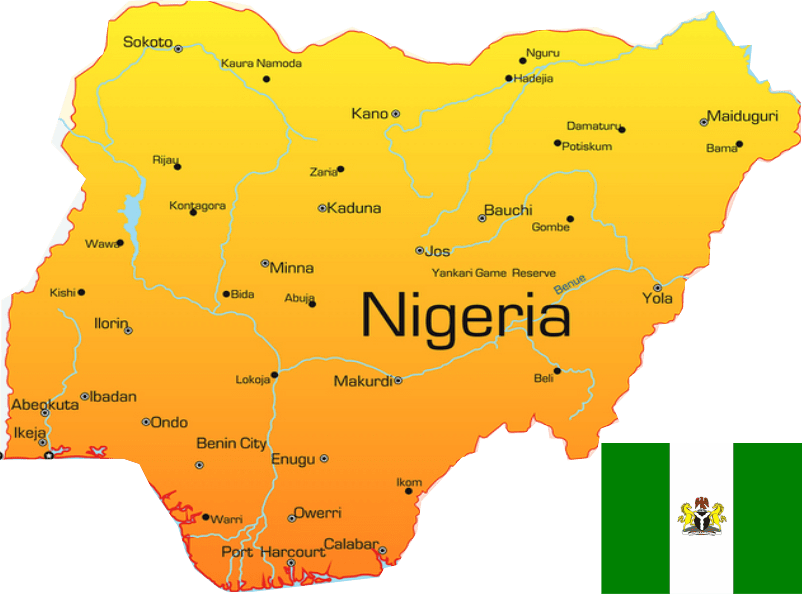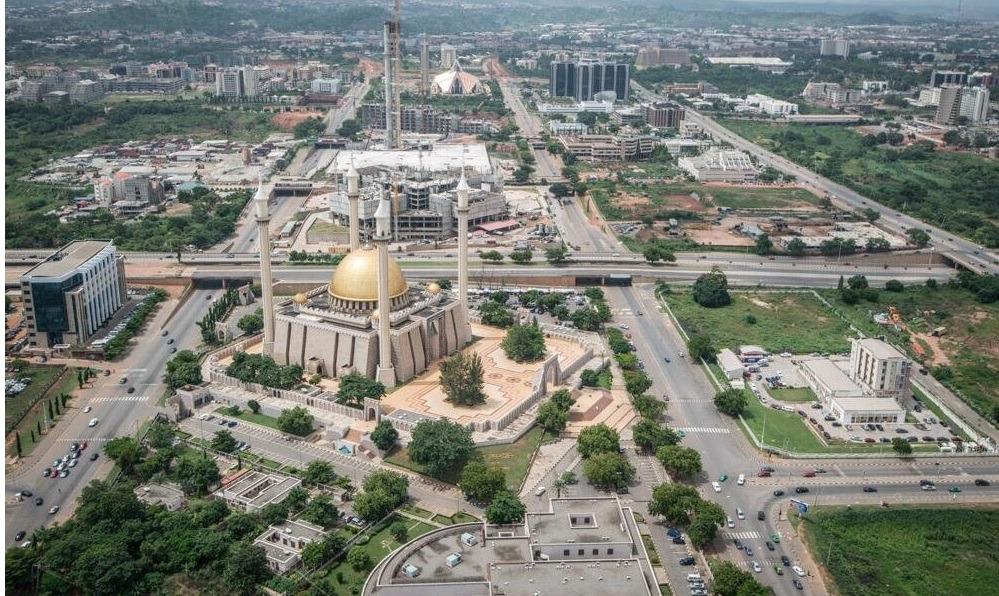Abuja, the capital city of Nigeria, is known for its unique blend of modernity and tradition. As a vital administrative center, it accommodates numerous businesses, government offices, and residential areas, making an efficient postal system essential. One critical aspect of this postal system is the postal code, which plays a significant role in ensuring timely and accurate mail delivery. Understanding the postal code for Abuja, FCT, Nigeria, is essential for residents and businesses alike, as it facilitates smooth communication and logistics.
In Abuja, the postal code system categorizes different regions, neighborhoods, and localities, simplifying the process of identifying specific areas within the city. With various postal codes assigned to different sectors and districts, knowing the correct postal code can help avoid delays and misdeliveries. As Abuja continues to grow and evolve, the relevance of postal codes becomes more pronounced, especially in the fast-paced environment of digital communication and e-commerce.
As we delve deeper into the postal code system of Abuja, FCT, Nigeria, we will explore its importance, how it is structured, and how residents can find their respective codes. From the history of postal codes in Nigeria to practical tips for using them effectively, this article aims to provide comprehensive information that will be beneficial for anyone residing in or interacting with Abuja.
What is the Postal Code for Abuja, FCT, Nigeria?
In Abuja, postal codes are typically composed of six digits, with different codes assigned to various areas within the city. For instance, the postal code for the central business district is 900001, while other neighborhoods have their unique codes. Here are some examples of postal codes in Abuja:
- Gwarinpa: 900108
- Wuse: 900281
- Asokoro: 900211
- Maitama: 900271
- Kubwa: 900107
How Are Postal Codes Assigned in Abuja, FCT, Nigeria?
The assignment of postal codes in Abuja follows a systematic approach, driven by the need to enhance mail sorting and delivery efficiency. The Nigerian Postal Service (NIPOST) is responsible for this assignment, ensuring that each locality in Abuja is identifiable by its unique code. The system is structured to allow for expansion as the city grows, accommodating new developments and neighborhoods while maintaining organization.
Why Are Postal Codes Important for Residents and Businesses?
Understanding postal codes is vital for both residents and businesses in Abuja. Here are some key reasons:
- Efficient Mail Delivery: Postal codes ensure that mail is routed accurately and quickly, reducing the chances of misdelivery.
- Online Shopping: Many online retailers require postal codes for shipping purposes, making it essential for customers to provide accurate information.
- Emergency Services: In urgent situations, being able to provide a precise postal code can significantly expedite response times from emergency services.
- Service Availability: Certain services may only be available in specific postal code areas, affecting residents' access to utilities and amenities.
How Can I Find My Postal Code in Abuja, FCT, Nigeria?
Finding your postal code in Abuja is relatively straightforward. Here are some methods to locate your postal code:
- Visit the NIPOST Website: The Nigerian Postal Service provides an online postal code search tool that allows users to find their postal codes based on their addresses.
- Ask Neighbors or Local Businesses: Often, local residents or businesses will have knowledge of the postal codes in their area and can provide assistance.
- Consult Government Offices: Local government offices may have postal code information available for residents.
What Challenges Do Residents Face with the Postal Code System?
While the postal code system in Abuja is designed to facilitate efficient mail delivery, residents may encounter several challenges:
- Unawareness: Many residents may not be aware of their specific postal codes, leading to confusion and delays in mail delivery.
- Changes in Postal Codes: As the city expands, postal codes may change, and residents may not always be informed of these updates.
- Inconsistent Use: Some businesses and services may not use postal codes consistently, creating confusion for customers.
How Can Residents Advocate for Improvements in the Postal Code System?
Residents can play a vital role in advocating for improvements to the postal code system in Abuja. Here are some ways to get involved:
- Community Awareness Campaigns: Organize or participate in campaigns to educate residents about the importance of postal codes.
- Feedback to NIPOST: Provide feedback to the Nigerian Postal Service regarding issues and suggestions for improvement.
- Engage Local Representatives: Encourage local government officials to prioritize postal services and infrastructure in their agendas.
Conclusion: The Future of Postal Codes in Abuja, FCT, Nigeria
As Abuja continues to grow and develop, the postal code system will play an increasingly crucial role in facilitating communication and logistics. With the ongoing digitization of services and the rise of e-commerce, understanding and utilizing postal codes will be more relevant than ever. By staying informed and advocating for improvements, residents can contribute to a more efficient postal system that benefits everyone in Abuja, FCT, Nigeria.


